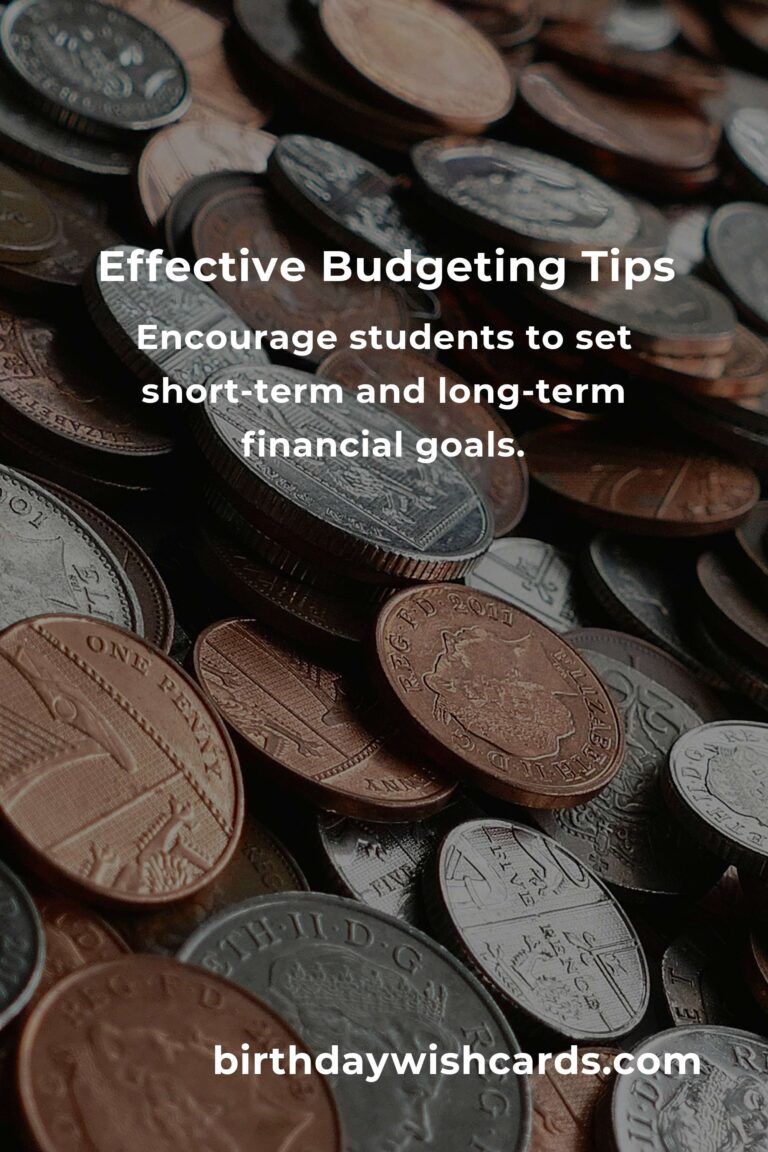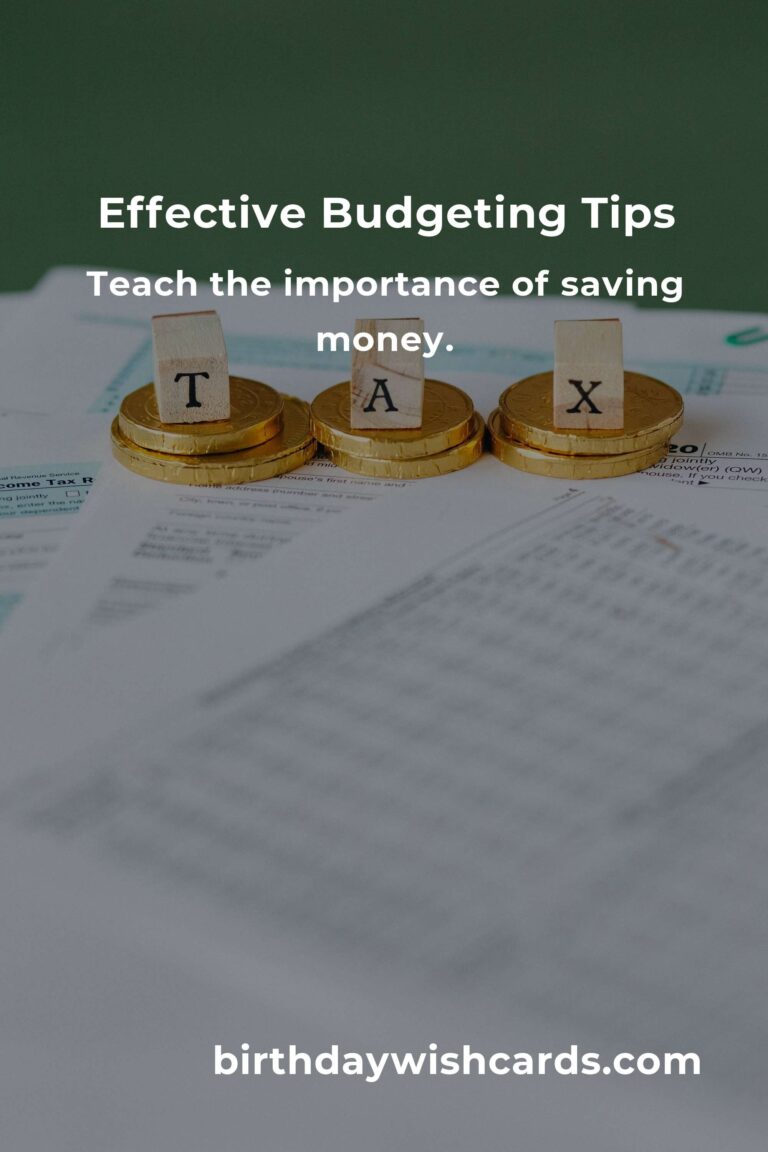
Budgeting is a crucial skill that can significantly impact one’s financial health. Whether you’re a teacher guiding students or a parent educating children at home, imparting effective budgeting lessons can set the foundation for financial success.
1. Start with the Basics
Before diving into complex concepts, it’s essential to start with the basics. Explain what a budget is and why it’s important. Discuss income, expenses, and the necessity to balance both.
2. Use Real-Life Scenarios
Incorporating real-life scenarios can make budgeting lessons more relatable. Use examples such as saving for a new gadget or planning a vacation to illustrate how budgeting helps achieve financial goals.
3. Introduce Budgeting Tools
Introduce students to budgeting tools and apps. Technology can simplify budgeting and make tracking expenses easier. Tools like spreadsheets or apps like Mint can be great starting points.
4. Discuss the Importance of Savings
Teach the importance of saving money. Discuss different types of savings accounts and the concept of setting aside money for future expenses or emergencies.
5. Set Financial Goals
Encourage students to set short-term and long-term financial goals. Goal setting can motivate them to stick to their budgets and see the bigger picture of financial planning.
6. Create a Mock Budget
Have students create a mock budget based on a hypothetical income. This exercise helps them understand how to allocate funds for different expenses.
7. Discuss Needs vs. Wants
Teach the difference between needs and wants. Understanding this distinction is crucial for effective budgeting and avoiding unnecessary expenses.
8. Encourage Record Keeping
Encourage students to keep track of their spending. Maintaining a record helps in reviewing and adjusting the budget as necessary.
9. Explore Different Budgeting Methods
Introduce various budgeting methods such as the envelope system or the 50/30/20 rule. Different methods can cater to different spending habits and preferences.
10. Review and Adjust
Budgeting is not a one-time activity. Teach students to regularly review and adjust their budgets as their financial situations change.
By following these tips, you can equip students with the skills they need to manage their finances effectively. Budgeting lessons are not only about numbers but about fostering a mindset of financial responsibility and planning for the future.
Budgeting is a crucial skill that can significantly impact one’s financial health. Start with the basics before diving into complex concepts. Incorporating real-life scenarios can make budgeting lessons more relatable. Introduce students to budgeting tools and apps. Teach the importance of saving money. Encourage students to set short-term and long-term financial goals. Have students create a mock budget based on a hypothetical income. Teach the difference between needs and wants. Encourage students to keep track of their spending. Introduce various budgeting methods such as the envelope system or the 50/30/20 rule.
#Budgeting #FinancialLiteracy #BudgetTips #FinancialEducation #MoneyManagement













